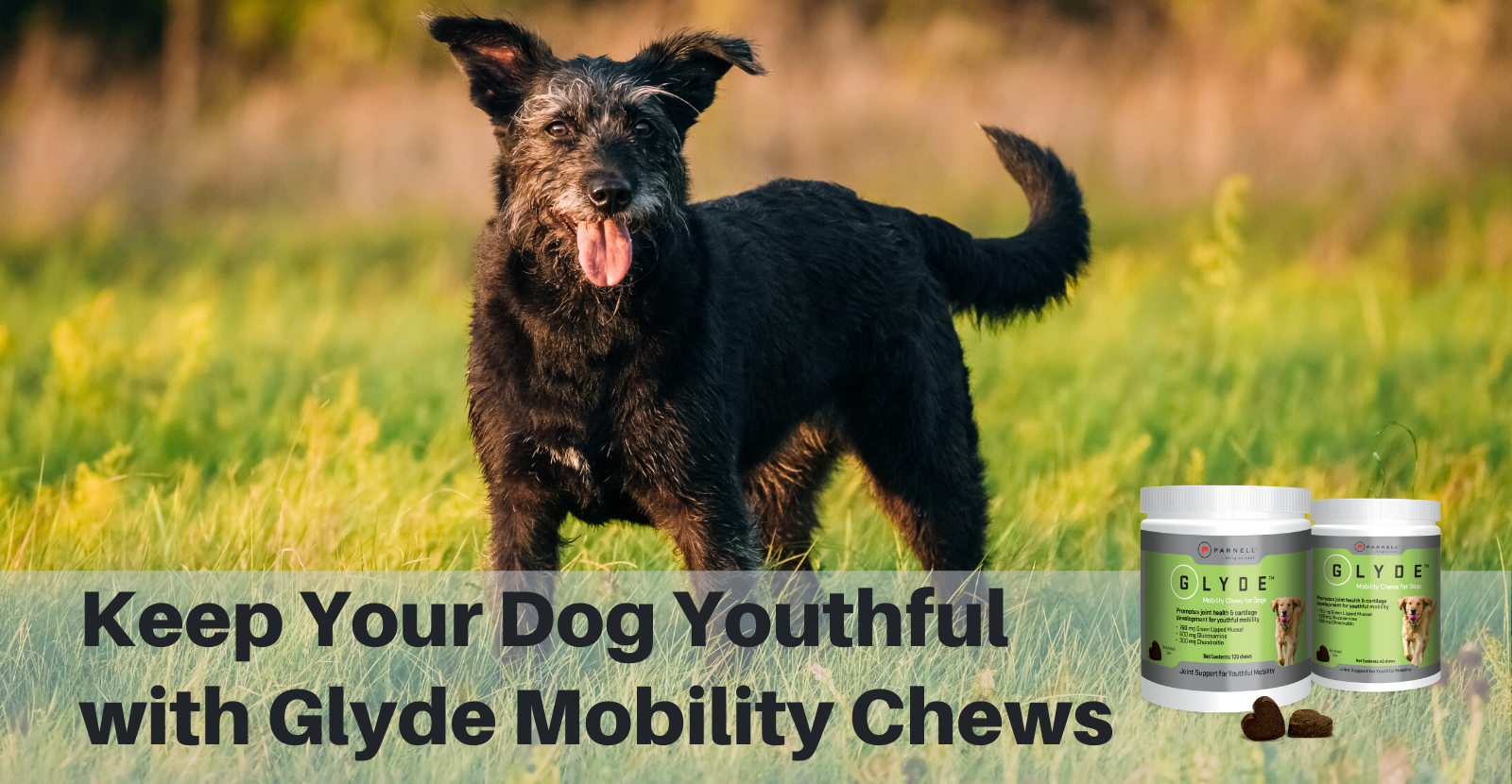No matter if you are considering bringing a new dog home or already have a dog, we have three of the most important responsibilities of Dog Ownership. When you adopt a dog, you sign up for a decade or more of unconditional love, fun, and companionship. However, if you want the best possible dog ownership experience, you need to hold up your end of the bargain. Read on for the top responsibilities you have as a dog owner, or dog mom or dad.
Exercise
Daily exercise isn’t only to maintain a healthy weight. If your dog doesn’t get enough exercise, he’ll find other ways to entertain himself. And odds are that you won’t like what he chooses. Under-exercised dogs are prone to destructive behavior, like chewing furniture or scratching at doors. They may take up barking as a recreational activity or decide that terrorizing the cat is a fun game.
Most dogs need between 30 minutes and two hours of exercise every day. Older dogs and less active breeds need less exercise, while young dogs and high-energy breeds require more exercise. One mistake that new owners make is assuming that the smaller a dog is, the less activity it needs. However, many small breeds are also highly active, such as Pembroke Welsh Corgis, Jack Russel Terriers, and Dachshunds. Large breed dogs, such as Labrador Retrievers and German Shepherds need plenty of exercise.
On the other hand, some larger breeds like Greyhounds, Bullmastiffs, and Chow Chows are notoriously lazy according to BarkPost, happy to spend most of the day snoozing on the couch. When choosing the right dog breed for you, focus on what the dog was bred for rather than its size. Dogs with working backgrounds generally need more stimulation and exercise than dogs bred primarily for companionship.
Training
It is tough being a dog in a human’s world! As a dog owner, it is up to you to teach your pet the rules he needs to navigate the world without getting in trouble or landing himself in harm's way. But too often, novice owners think teaching “sit” and “stay” is enough to make their pooch a good dog. However, training isn’t just about teaching a few commands. The goal of training is to keep your dog safe and teach him good manners so he doesn’t cause problems for you, your neighbors, or the general public.
The key to effective training is reinforcing the behaviors you want to see and ignoring or redirecting undesired behaviors. Using punishment as a training tool is rarely effective and could create a fearful dog—which comes with its own set of challenges, as Upward Hound illustrates.
When you first adopt a dog, expect to spend a lot of time on training sessions. And it doesn’t stop there. Training should be reinforced throughout a dog’s life, and condoning misbehavior only undoes your hard work. For first-time owners, professional training is an invaluable resource that shouldn’t be overlooked
Preventive Vet Care
Your dog cannot tell you when something is wrong. In fact, dogs go to great lengths to hide when they are sick or hurting. It is in their instinct to push on, no matter what they are feeling. This is why it is so important to form a relationship with a veterinarian and keep up with your dog’s preventive veterinary care. That includes spaying or neutering; vaccinations and boosters; flea, tick, and heartworm medication; dental care; and routine wellness exams. It is critical to stay on schedule with heartworm and other medications, so set reminders on your calendar to make sure you don't miss a scheduled dose.
One thing to be mindful of is the chance of arthritis in dogs. According to Veterinary Practice News, arthritis in our dogs is one of the top insurance claims. Surprisingly, 20% of dogs by age 1 and 80% of dogs by age 8 will show signs of arthritis. This is why joint health is so important. Be sure to find a great joint supplement, such as Glyde™ Mobility Chews with its powerful ingredients including New Zealand Green Lipped Mussel (GLM), Chondroitin and Glucosamine to keep their joints healthy and strong. Dogs are meant to be active and the moment they start having issues, their quality of life decreases. It is part of a good preventative care routine to start joint supplements like Glyde as early as 2 or 4 years old if you have a large breed dog.
It might seem like all that vet care is unnecessary, especially when you look at the bill. According to Money Under 30, the first year of dog ownership expenses can add up to an average of $1,270, with annual expenses in subsequent years around $500. But budgeting for preventive vet care could mean the difference between catching a health problem when it is a minor issue and spending thousands on life-saving veterinary care—or worse, losing your beloved pet before his time.
Owning a dog may be incredibly fun and rewarding, but that doesn’t mean it is easy. Responsible dog ownership requires daily effort and a healthy budget. Before you bring home your dog, make sure you have a plan for meeting these three dog-care needs.
Guest Columnist: Special thanks to Alice Robertson, our guest contributor to this week's blog post. Alice loves dogs and writes for Tidy Home, among other blogs.



.png)

